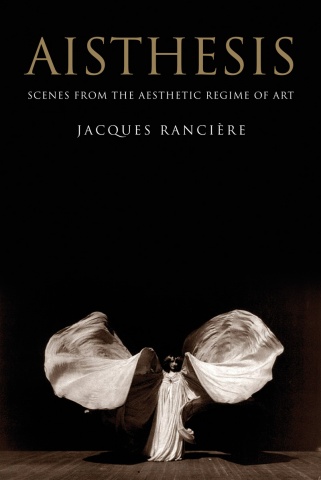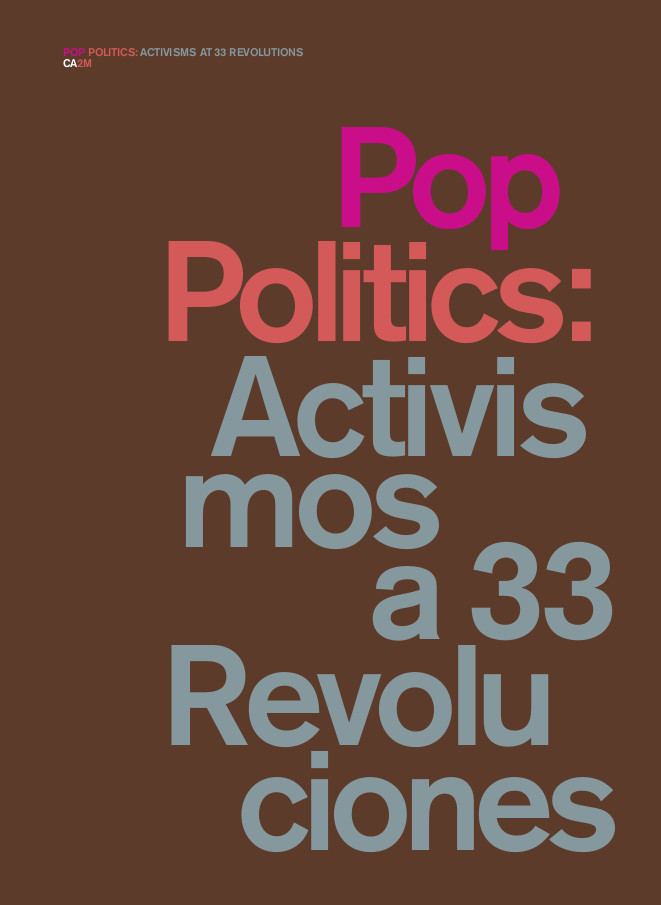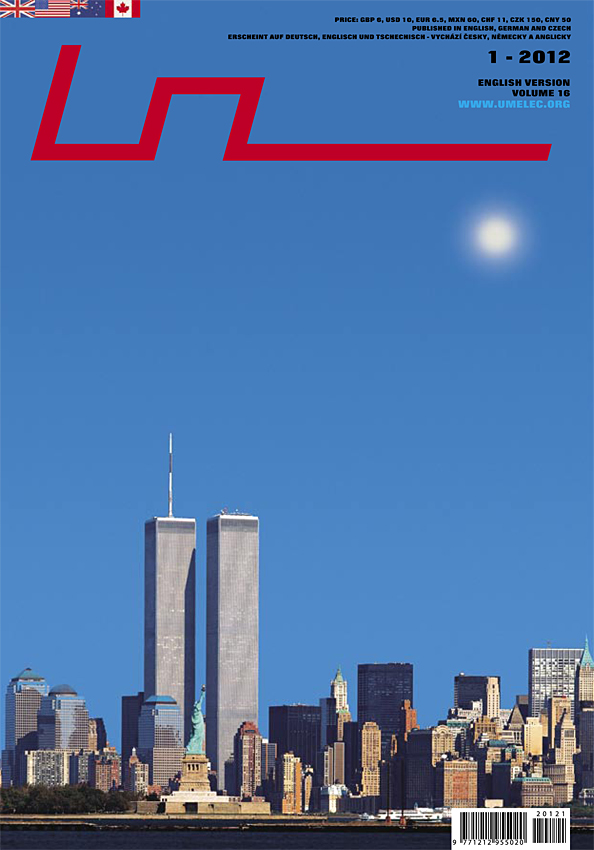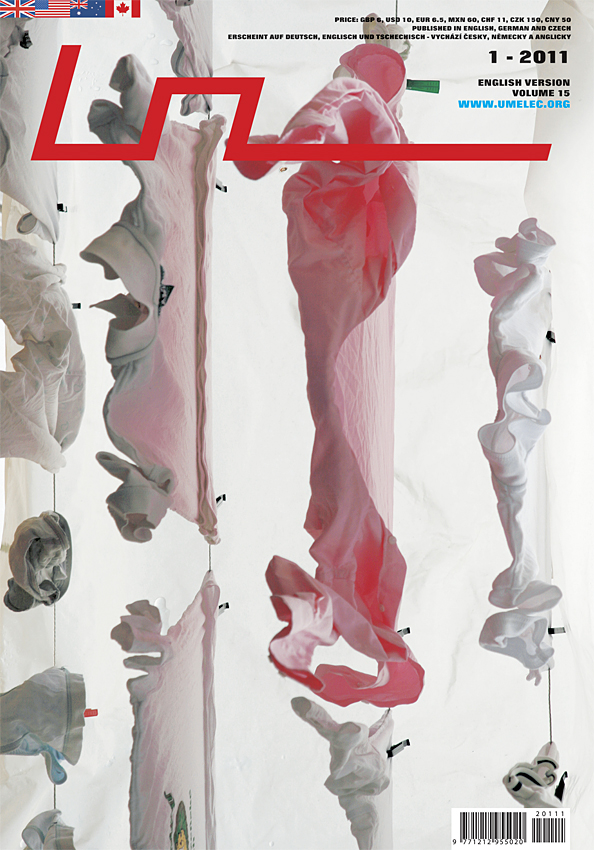Jacques Rancière: Aisthesis: Scenes from the Aesthetic Regime of Art (2011/2013)
Filed under book | Tags: · aesthetics, art, art history, art theory, body, cinema, dance, film, life, literature, music, painting, pantomime, philosophy, photography, poetry, politics, representation, sculpture, theatre, theory

Rancière’s magnum opus on the aesthetic.
“Composed in a series of scenes, Aisthesis–Rancière’s definitive statement on the aesthetic–takes its reader from Dresden in 1764 to New York in 1941. Along the way, we view the Belvedere Torso with Winckelmann, accompany Hegel to the museum and Mallarmé to the Folies-Bergère, attend a lecture by Emerson, visit exhibitions in Paris and New York, factories in Berlin, and film sets in Moscow and Hollywood. Rancière uses these sites and events—some famous, others forgotten—to ask what becomes art and what comes of it. He shows how a regime of artistic perception and interpretation was constituted and transformed by erasing the specificities of the different arts, as well as the borders that separated them from ordinary experience. This incisive study provides a history of artistic modernity far removed from the conventional postures of modernism.”
First published as Aisthesis : Scènes du régime esthétique de l’art, Éditions Galilée, 2011
Translated by Zakir Paul
Publisher Verso Books, 2013
ISBN 1781680892, 9781781680896
304 pages
via falsedeity
Reviews: Hal Foster (London Review of Books), Joseph Tanke (Los Angeles Review of Books), Marc Farrant (The New Inquiry), Ali Alizadeh (Sydney Review of Books), Jean-Philippe Deranty (Parrhesia).
Roundtable discussion with Rancière at Columbia (video, 43 min)
Selected interviews and reviews (in French)
Pop Politics: Activisms at 33 Revolutions, catalogue (2012) [English/Spanish]
Filed under catalogue | Tags: · activism, art, music, politics, popular culture, sound

The catalogue for an exhibition held at Madrid’s CA2M Centro de Arte Dos de Mayo from November 2012 to April 2013, curated by Iván López Munuera.
“The point of departure for Pop Politics is that the political agenda of the visual arts has in many occasions inherited and expanded the experiences of music. The exhibition shows how many artists and art theorists have from their own personal practice visited music, whether as makers, consumers, or critical agents. The exhibition is situated on the margins of the formal consideration of politics, that which refers to forms of government and processes of representation, the taking of decisions and their administration.” (from the Introduction)
With texts by Amparo Lasén, Ferrán Barenblit, Greil Marcus, Ivan López Munuera, José Manuel Costa, Kim Gordon, Lucy O’Brien, Peio Aguirre, and Simon Reynolds.
Publisher CA2M Centro de Arte Dos de Mayo, Madrid, 2012
ISBN 9788445134481
304 pages
Umělec (1997–) [CZ, EN, DE, ES]
Filed under magazine | Tags: · art, art criticism, art history, central europe, contemporary art, east-central europe, film, music, outsider art, politics, visual culture



“Since its inception Umelec has remained the only international art magazine in English about contemporary visual culture in Central Europe and beyond. Umelec is dedicated to more focused regional or national issues, and always tries to bring to life the current social-cultural situation, including its more marginal aspects. We do not consider culture as a decoration of the state body, but as one of the most important inspiring values of life, even if it is radical or strange.” (from the publisher)
Publisher: Divus (Ivan Mečl), Prague/London/Berlin
Editor-in-chief: Palo Fabuš; formerly: Lenka Lindaurová and Vladan Šír, Jiří Ptáček, Alena Boika
Graphic design: Dita Lamačová; formerly: Dan Vlček, Ondřej Strnad, Jakub Němeček, Ivan Mečl
Issue 1/2012 (English, HTML), also in German, Czech.
Issue 2/2011 (English, HTML), also in German, Czech.
Issue 1/2011 (English, HTML), also in German, Czech.
Other issues (HTML), incl. Special issues: “Austrian” (2009–1, EN/CZ/DE), “Mexican” (2007–2, EN/CZ/DE/ES), “German” (2005–2, EN/CZ/DE), “Swiss” (2006–2, EN/CZ), “French” (2002–1, EN/CZ). The issues from 2005–3 up to 2009–1 were also published in Spanish.

